Advertisement
The Best — And Worst — Sportsmen Of 2013
Yesterday Sports Illustrated, amidst great fanfare, named Peyton Manning its “Sportsman of the Year.” The problem with that magazine’s annual award is that the word “sportsman” implies more than excellence and success. It also suggests character. “One who abides by the rules of a contest and accepts victory or defeat graciously” is one definition of “sportsman” found in the American Heritage Dictionary. Manning fills the bill nicely, but some past winners of the Sports Illustrated honor fall down in this regard, and I’ll remind you of a couple of them in a moment. First, though, here are my choices for Sports Personalities of the Year, 2013.
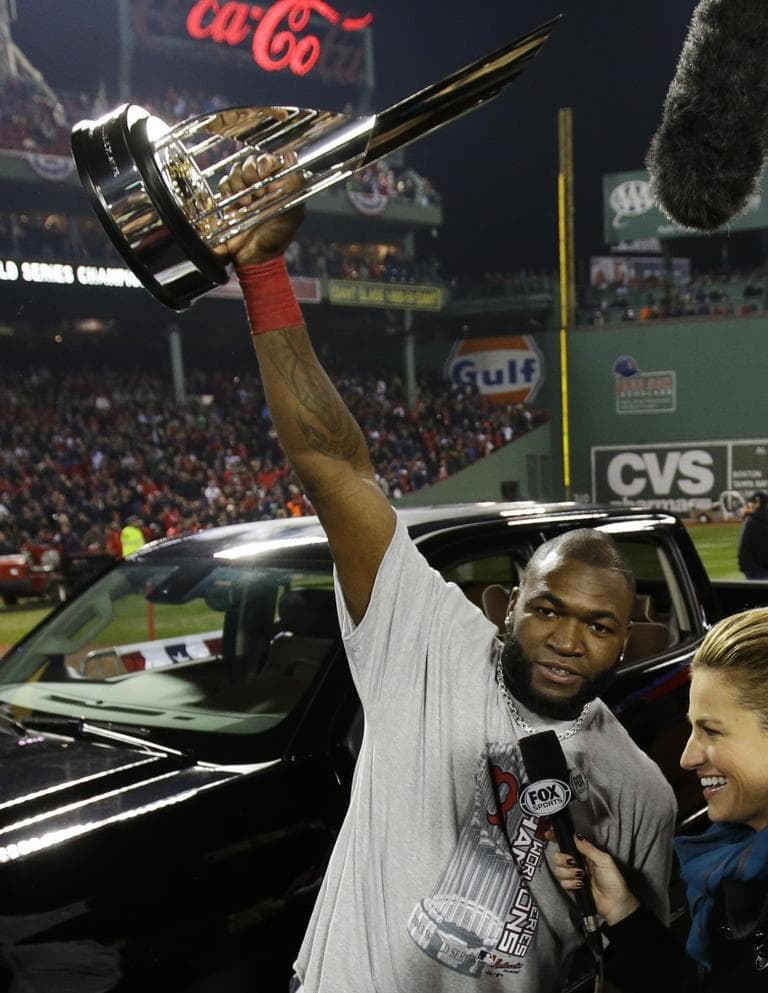
1. David Ortiz.
You know how after every Koji Uehara save, Big Papi hoisted the reliever on his back, grinning as Uehara slapped him on the rear, and carried him around like a sack of potatoes? Papi did that to the entire team in the post-season. He did that for the entire city last summer. He hoisted us on his back, carried us — cheering — to a happy place, then set us down. Ortiz, 38, was both Boston’s horse and its mouthpiece, the very personification of Boston Strong. He declared “This is our [expletive deleted] city!” after the Marathon bombings, then built on that rallying cry with a great regular season and a World Series for the ages: batting .688 (11-for-16) with 8 walks, 7 runs, 6 RBI, 2 HRs, and a slugging percentage of 1.188. He wouldn’t let the team lose.
In the bigger picture, as a universally beloved Spanish-speaking black man from the Dominican Republic, during the course of his career Ortiz has single-handedly shattered the outdated image of Boston as a place in which persons of color feel unwelcome. Those days, thankfully, are gone.
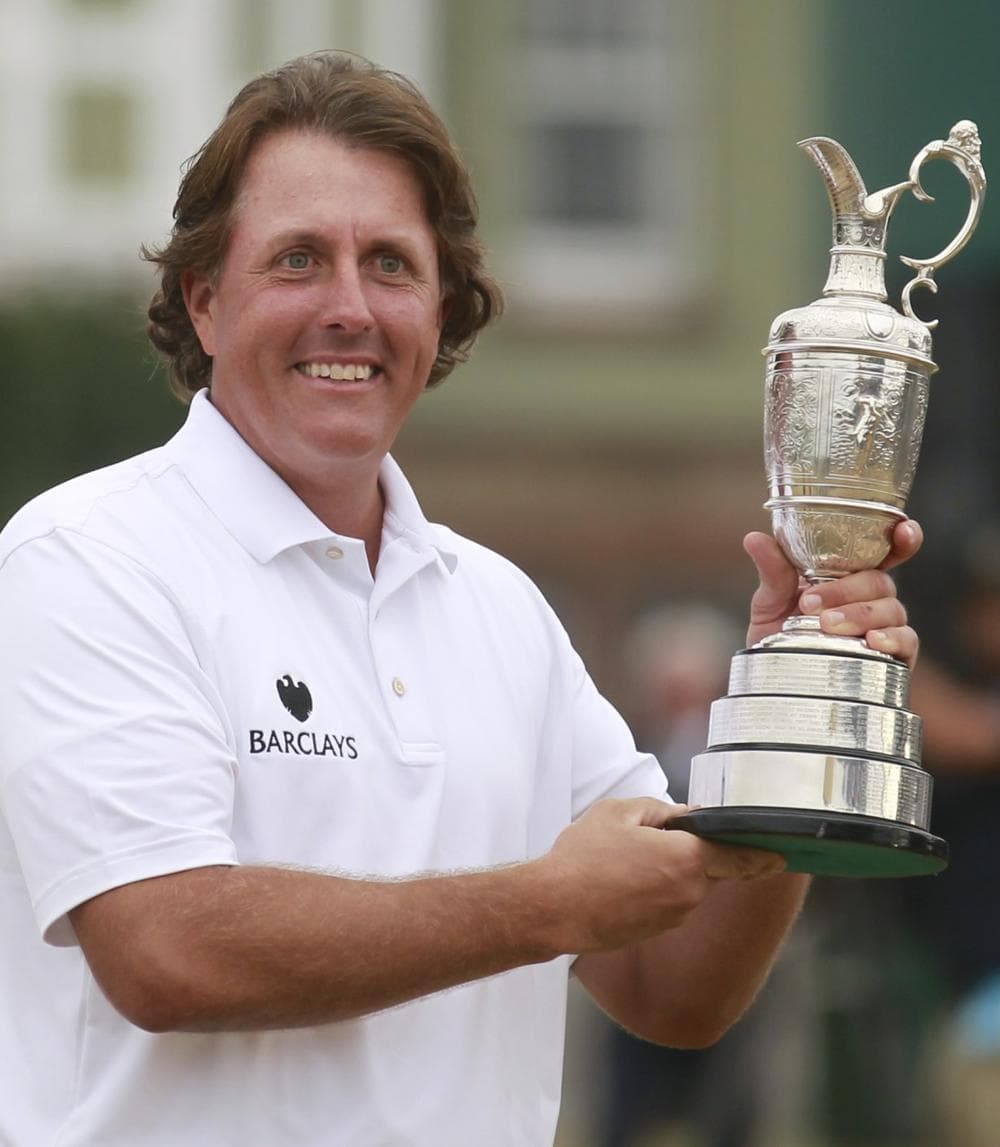
2. Phil Mickelson.
If there was one major championship the 43-year-old Mickelson was not expected to win, it was the British Open. His ball flight was too high for those howling winds. His magical short game was ill-suited for the hard, sandy turf of links golf. And he lacked the mental toughness to deal with the unpredictable bounces and penal bunkers that are part of every Open. In 21 tries, he’d finished in the top 10 of this major championship just twice.
2013 seemed as if it would be particularly cruel to Lefty. In June he’d led the U.S. Open the first three rounds—another major he’d never won—only to finish second to Justin Rose, the record 6th time he’d been runner-up in that most taxing of tournaments. As usual, he accepted the defeat graciously in public, but those closest to him knew how much it hurt. Aging athletes know there may not be a next time.
Which was why his scintillating final round 66 at Muirfield, pulling him up from 9th place and five back to capture the Claret Jug, was so unexpectedly special; and why his tearful embrace on the 18th green with his longtime caddy Jim “Bones” Mackay may have been the single sweetest sporting moment of 2013.
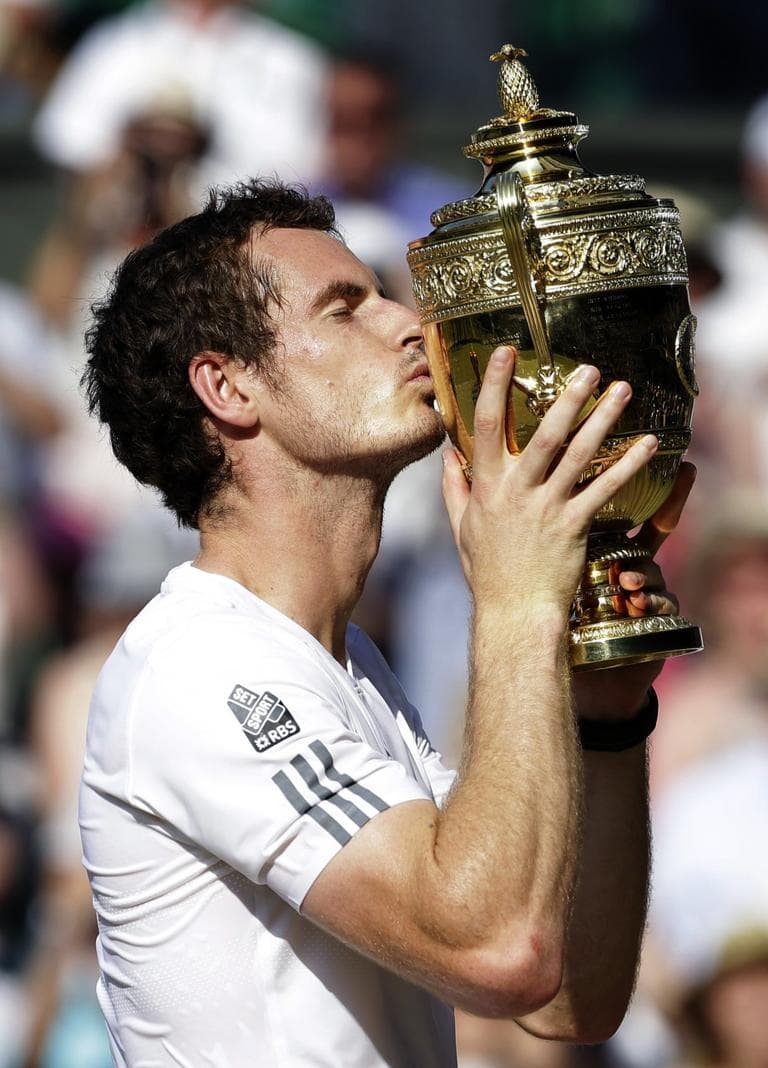
3. Andy Murray
He was the great British hope. It had been 77 years since a British man had won at Wimbledon, and Murray, a Scotsman, carried the hopes of a nation on his narrow shoulders. It’s hard enough to win without that burden. In 2012 Murray got to the Wimbledon finals, but was soundly beaten there by Roger Federer. He told the disappointed crowd he was getting closer. Murray proved it by winning the Olympic gold medal at the All England Club that summer, then the 2012 U.S. Open, his first grand slam major, in the fall.
For emotional weight, there is nothing sports fans appreciate more than an athlete who pays his dues, works to improve, and overcomes a humbling defeat. The 26-year-old Murray qualified on all three counts. When he advanced to the 2013 Wimbledon finals against top-seeded Novak Djokovic, not only all England but almost all the tennis world was hoping he’d end the long British drought. Which of course he did in straight sets, 6-4, 7-5, 6-4, in a virtuoso display of tennis that was far closer than the score indicates. As Murray hoisted the trophy, the look on his face expressed more relief than victorious joy.
Now my list of Worst Sportsmen of the Year, 2013. (Athletes were selected based on their sportsmanship -- or lack thereof. Poor behavior outside the game, such as criminal activity, is not considered).
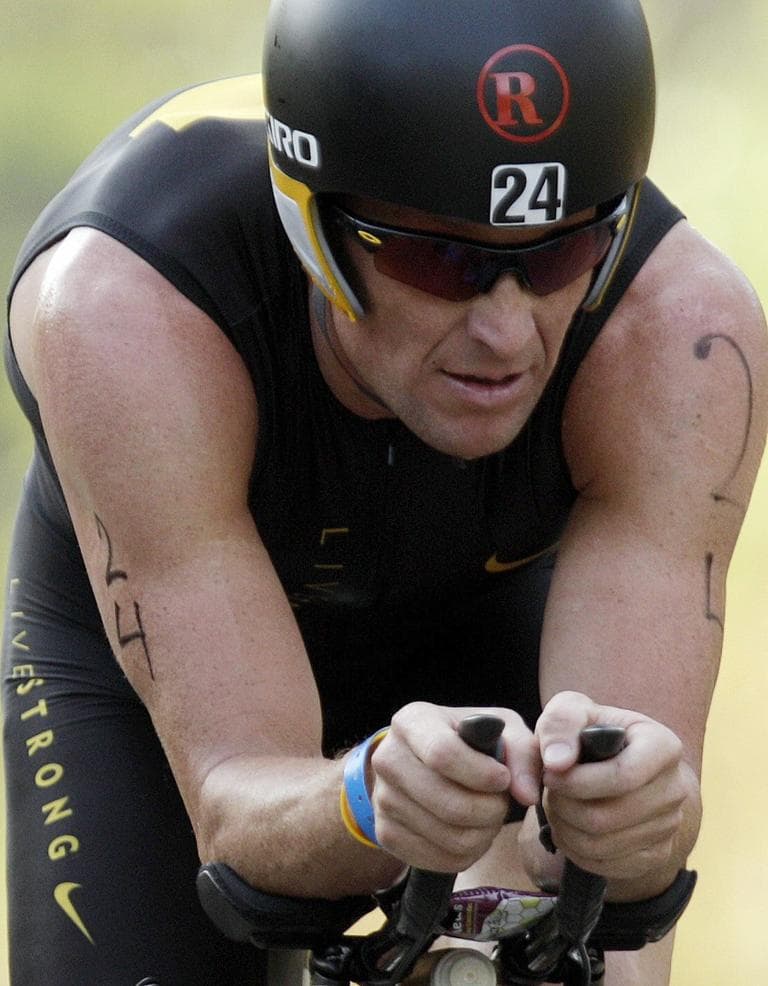
1. Lance Armstrong.
Yes, it seems like years ago, but it was only in January that Lance Armstrong, Sports Illustrated's Sportsman of the year in 2002, fessed up to years of doping, lying, and cheating in an interview with Oprah Winfrey. To the millions who idolized this sporting monster, it was a heartbreaking confession.

2. Alex Rodriguez.
The past caught up to A-Rod, too, and he has opted not to go quietly into the night. Long suspected of being a devotee of performance enhancing drugs, the Yankee slugger was suspended by Major League Baseball for 211 games after Biogenesis founder Anthony Bosch cooperated with a MLB investigation and turned over records implicating 13 baseball stars of illegal performance enhancing drug use, including Rodriguez. Twelve of the players accepted their suspensions. A-Rod, who in 2009 admitted to taking steroids from 2001-2003, sued MLB and accused the league of conducting a witch hunt. He also sued the Yankees team doctor, Christopher Ahmad, and the New York Presbyterian Hospital/Columbia University Medical Center, alleging malpractice for misdiagnosing his left hip injury during the 2012 playoffs. A-Rod’s 2013 stats? Not so good. But his lawyers had a banner year.
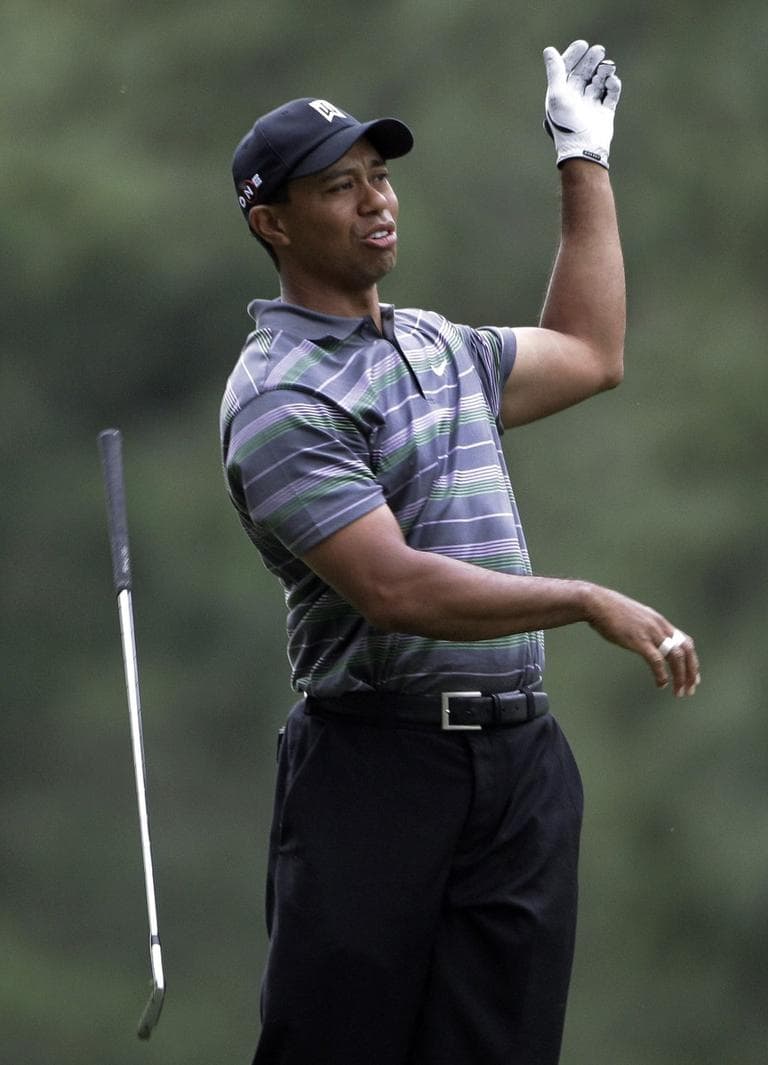
3. Tiger Woods
Yes, he won five tournaments and was voted the PGA’s player of the year. But what most golfers will remember about Woods’ 2013 season are the three two-shot penalties he was assessed during tournaments, twice for making an illegal drop and once for causing his ball to move when clearing nearby debris. In this last case, even after being shown a videotape of the incident, Woods tried to maintain the ball had “oscillated”, rather than moved. In none of the incidents did Woods (Sports Illustrated’s Sportsman of the Year in 1996 and 2000) call a penalty on himself, as is expected in golf. Further, at the Masters he signed an incorrect scorecard, which should have lead to disqualification, but Woods was given a reprieve by the powers that be because he had not been informed of the illegal drop he’d made on the 15th hole. A star of lesser magnitude would have been ousted.
Bottom line: Woods, who has never accepted defeat gracefully, who snarls at his fair shots and openly curses his bad ones, also plays fast and loose with his sport’s rules. Call him what you will, but do not call him a good sportsman.
Related:
This program aired on December 17, 2013. The audio for this program is not available.